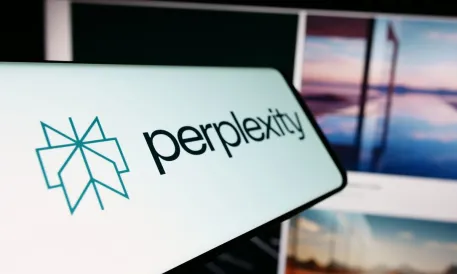Perplexity AI has announced a new initiative to share search revenue with publishers, marking a significant shift in how artificial intelligence companies engage with the media industry. The San Francisco-based startup revealed on Monday that it will begin paying out millions of dollars to media outlets whose work is used to power its AI-driven search engine and assistant.
The company has set aside a $42.5 million pool, which will grow over time, to compensate publishers. Payments will be administered through a new subscription program called Comet Plus, set to launch in the coming months. The service will cost $5 per month and will serve as an additional benefit for subscribers of Perplexity’s premium products.
“We’re compensating publishers in the model that’s right for the AI age,” the company said in a blog post, emphasizing that high-quality journalism is even more valuable in an era where the web has evolved beyond information into knowledge and actionable insights.
Perplexity’s move comes at a critical time, as the startup faces multiple lawsuits from media outlets including The Wall Street Journal, The New York Times, and Japan’s Yomiuri Shimbun. These publishers allege that Perplexity unfairly profits from their content, with one suit accusing the company of illegally reproducing copyrighted material to power its so-called “answer engine.”
Unlike traditional search engines, Perplexity directly provides users with synthesized answers on its webpage, reducing the need for them to click through to original sources. While the tool often includes links to cited material, media companies argue that it undercuts their traffic and ad revenue.
The revenue-sharing plan could be seen as both a peace offering to publishers and a strategic defense against allegations of free-riding. By proactively involving publishers in its business model, Perplexity aims to reframe itself as a partner rather than a competitor.
Still, skepticism remains. Google, the industry’s dominant search player, has also integrated AI into its results, but publishers worry that AI-generated summaries across platforms may erode traditional business models.
Perplexity, however, remains confident. “We should all be working together to offer people amazing new tools and build genuinely pie-expanding businesses,” the company said, urging collaboration over confrontation.

